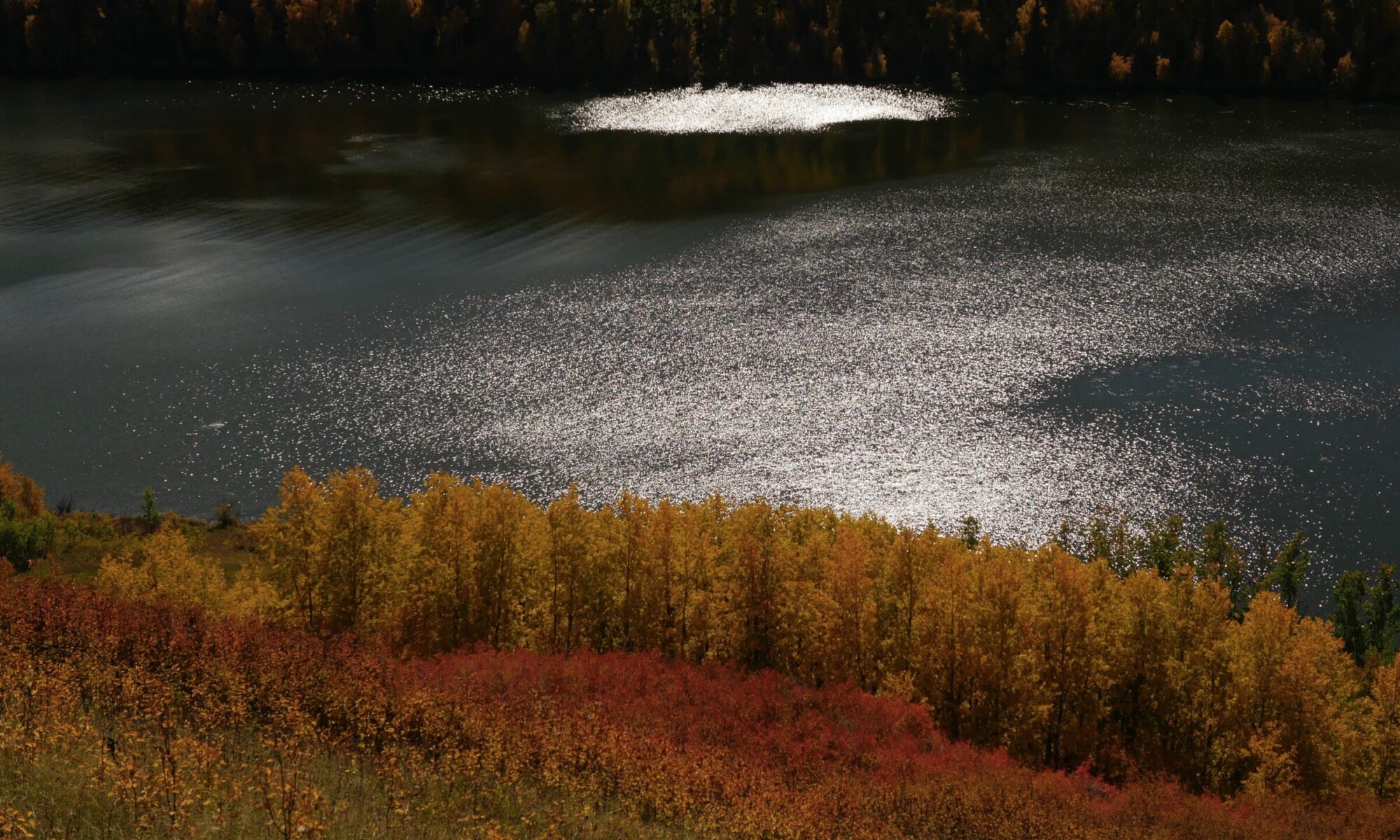By Ellen Parker
Eagle’s ending questions “What do you call connecting with nature, and the action of healing with and from nature?” have stirred me into responding. I resonate with Eagle’s frustration of finding a ‘meaning-full’ word for being in nature. I find the tension especially strained in our society that places so much emphasis on ‘doing’ instead of ‘being’. Do you notice often when introduced, the first question asked is “What do you do?” I realize it is our fumbling attempt to get to know each other, but for many of us who don’t have a ‘defined vocation’, it’s not a very inviting way to find out or share who we really are. I’ve been experimenting with other ‘ice breaking’ introduction questions, like “What gets you motivated to get out the door each morning?” or “How’s life these days for you?” I haven’t settled down with an ‘at ease’, quick, slip-off-the-tongue kind of question yet, though, so I’m open to suggestions.
Although, I do have a word to share with you for ‘being in nature’ from my German cultural heritage: ‘Spaziergang’. Like so many words the full meaning gets ‘lost in translation’. If you go to the dictionary, you’ll find it translated as going for a ‘walk’, or a ‘stroll’, or the one I like that gets closer to the deeper meaning is to ‘take a turn in the woods’. Let me illustrate by sharing my personal experience of going on a ‘Spaziergang’ or it is also a verb ‘spazieren’ with my extended family. Whenever we visit family in Germany, the common practice we have is to go ‘spazieren’ after a fine meal (which usually is a feast, because we, coming all the way from Canada, are the ‘special’ reason to gather the family together).
Imagine everyone rolling away from a groaning table of delectables and then offering politely to ‘help with the dishes’. No, my Tante replies firmly, first we need to have a ‘Spaziergang’ to ‘digest’ the meal (there always is a practical reason given), but the real reason is to truly ‘visit’ and ‘be’ with each other. (The dishes always get done faster anyway after a ‘Spaziergang’ — tidying tasks become ‘postlude’ activities to finish any lingering thoughts from the ‘Spaziergang’ with the grande finale being cozying into couches and easy chairs).
Of course the healthiest ‘spazieren’, at least in my extended family’s opinion, is to be strolling outside in the woods or in the park. Surprisingly the weather usually cooperates with sunshine, but we have been known to get out there with umbrellas and rain coats. We walk with all generations from cousins to Omas and Onkels, taking a pace that ebbs and flows, kids running back and forth, finding butterflies along the way, or Omas stopping to smell the roses (Onkels have been known to talk about which trees would make the best furniture or building material). We enter into not only conversation with each other, finding out how we ‘really’ are. One Tante will comment, ‘oh I see you’re not having as much trouble with your knee like you used to’ … the opening to finding out the struggles lived through and surpassed. We also enter into a kind of interaction with ‘all our relations’ — that which surrounds us and enfolds us.
There is an implicit and notable understanding that we are ‘breathing in’ the life that is around us and within us. There is an easy flow between queries of personal health, ‘nature observation’, and healing. Conversation is peppered with remarks made about ‘ah, smell that wonderful pine’ or if we are in the park, ‘look how well the rhododendrons are blooming this spring’ (everyone gets an education in botany, biology, and gardening along the way too). We are healed, made whole again and again. Our lives have been so graced by such ‘spazieren’; my family history is interwoven with place, time, and ‘nature presentness’.
It is a living legacy. This practice embodies me now, especially since my Omas and Opas, many Onkels and Tantes, and my parents too are gone from this world of ‘matter’, yet their very ‘beingness’ embraces me and infuses every breath I take, because I know what it is to be on a ‘Spaziergang’ with them. There is no separation.
